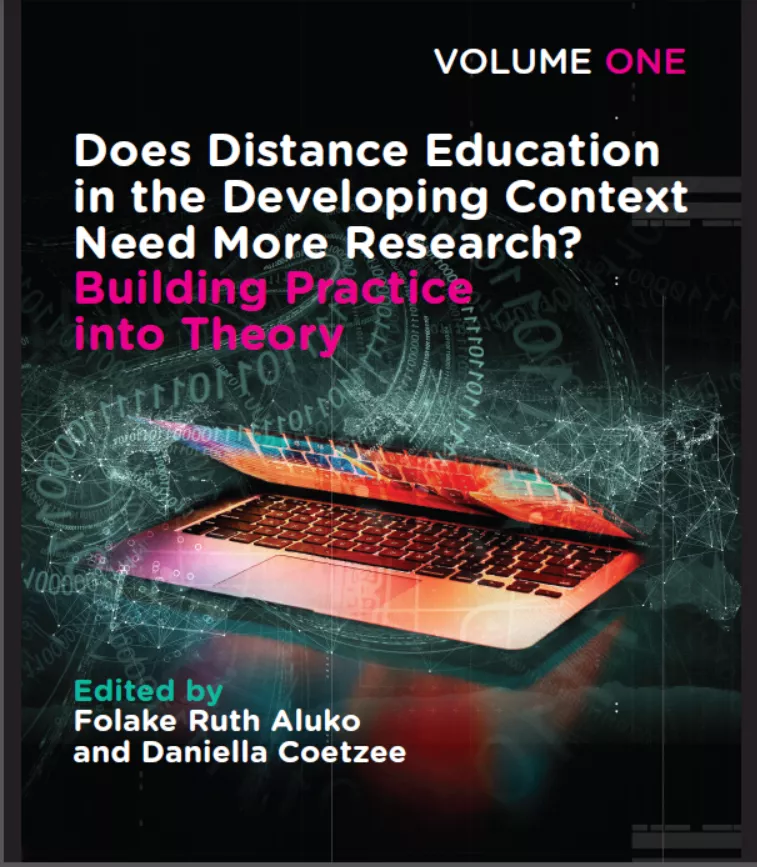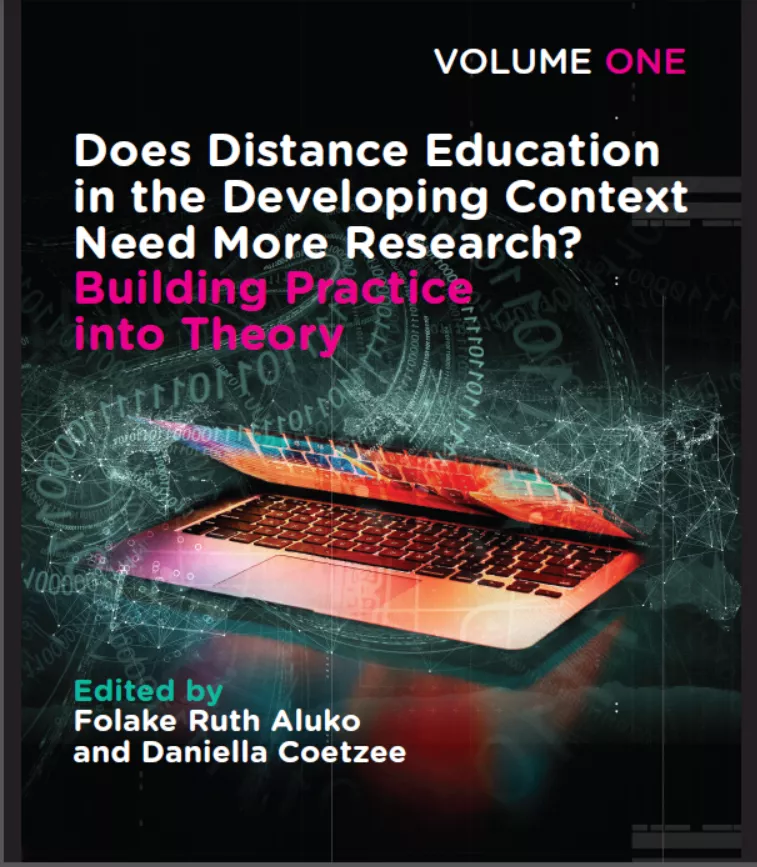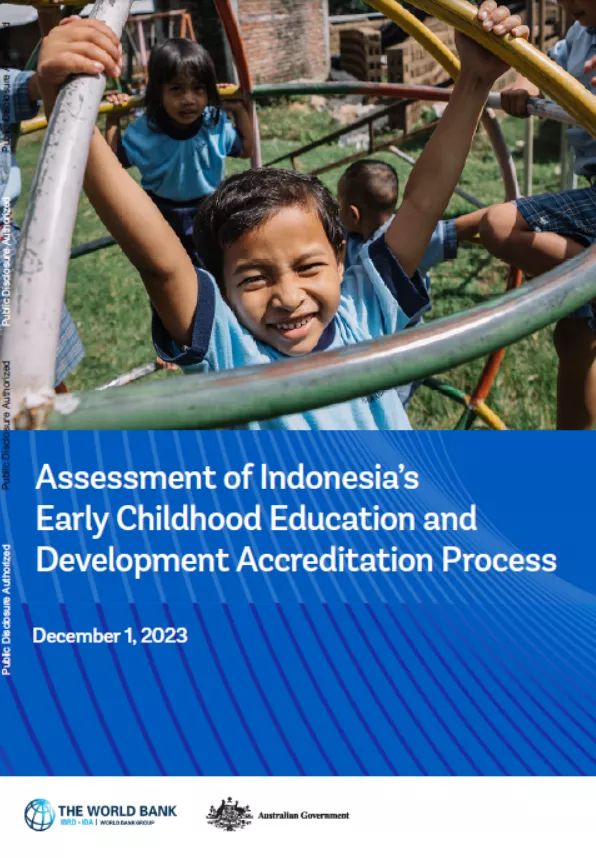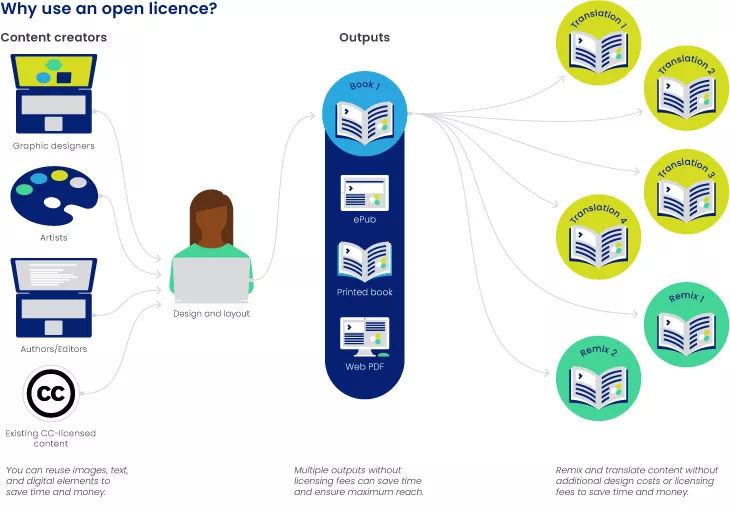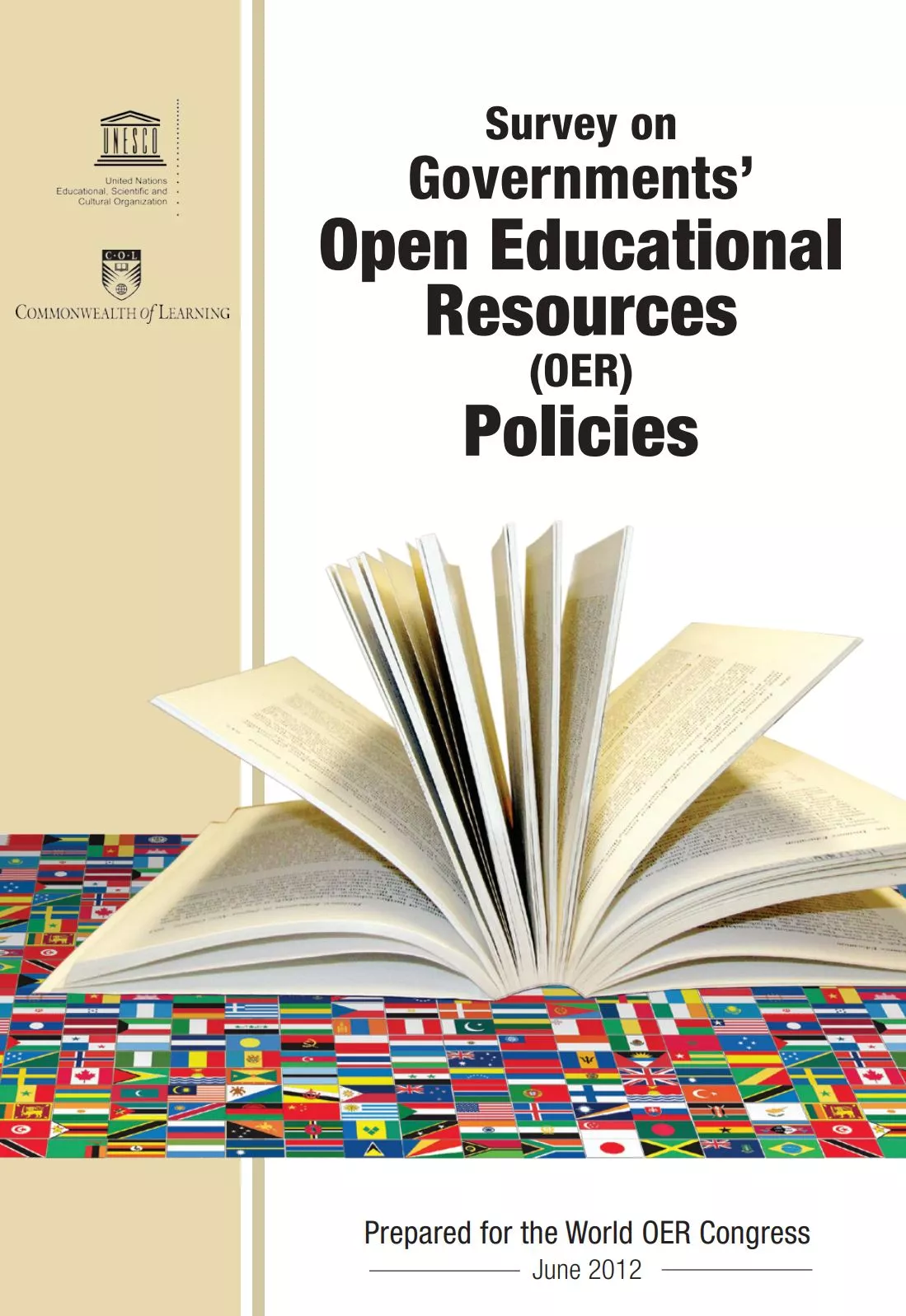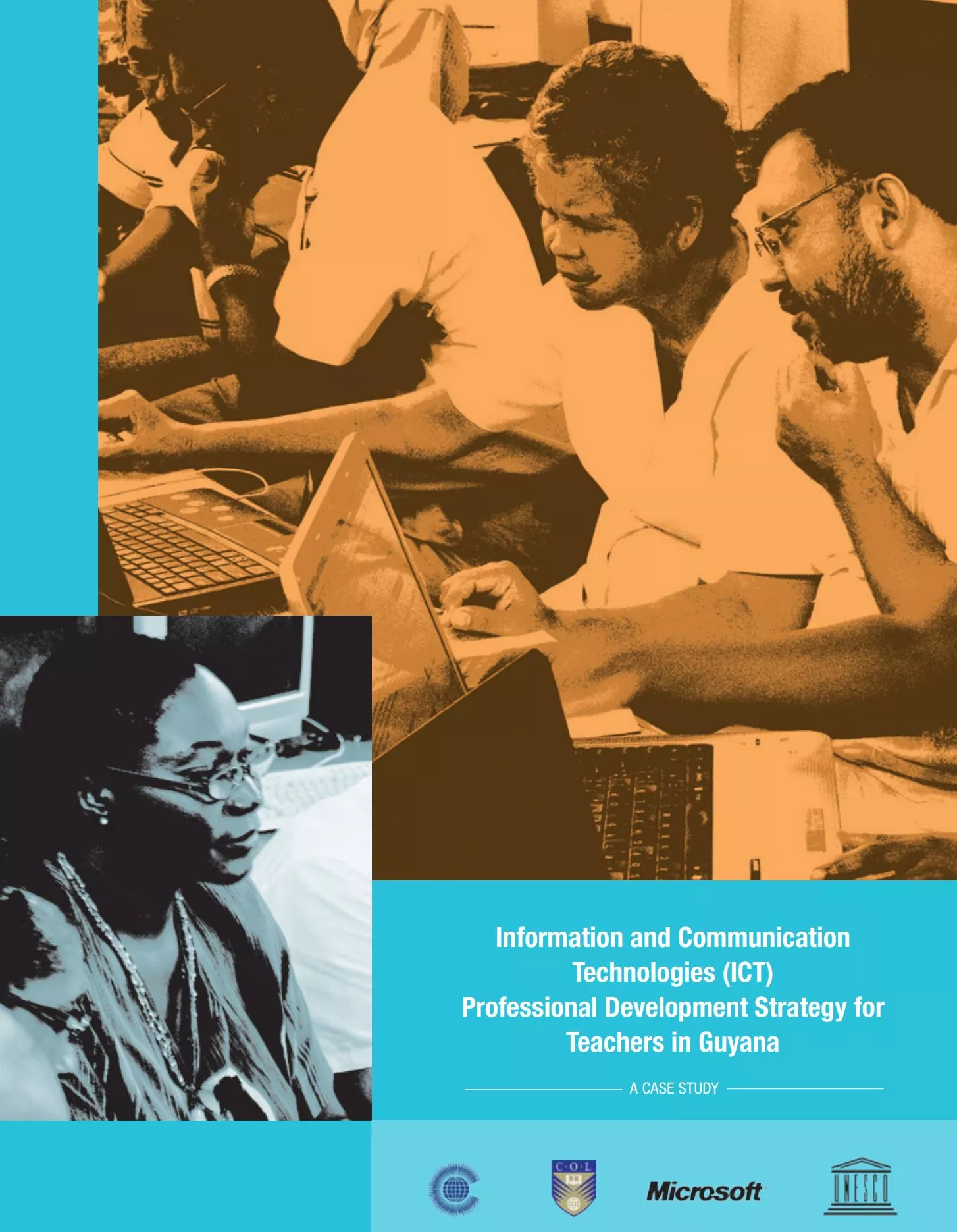Resources
Featured resources
A Government Policy Development Template to Progress Effective Implementation of Open Educational Resources (OER)
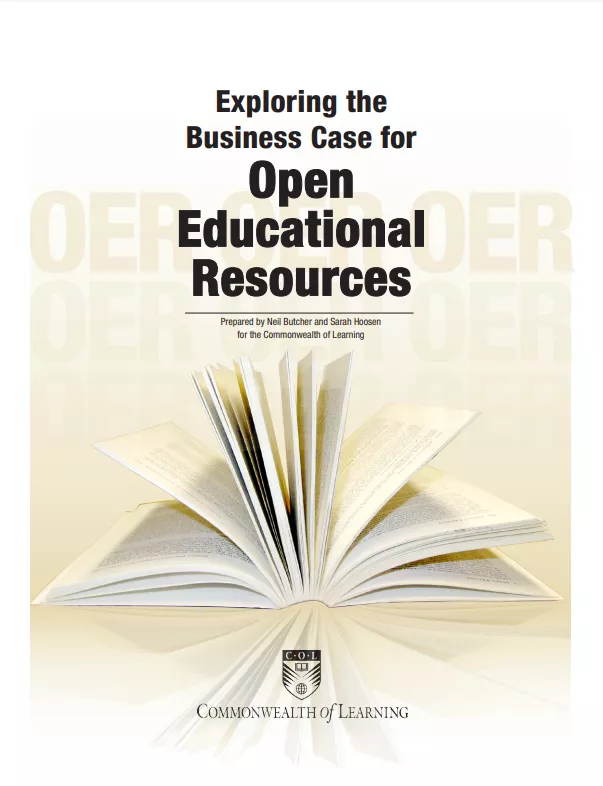
Exploring the Business Case for Open Educational Resources
Survey on Governments’ Open Educational Resources (OER) Policies
Information and Communication Technologies (ICT) Professional Development Strategy for Teachers in Guyana: A Case Study
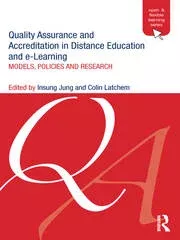
Chapter 5 - Quality Assurance for Distance Education in Sub-Saharan Africa
The exponential expansion of higher education enrolments throughout sub-Saharan Africa has led to the establishment of many new public and private universities offering face-to-face, blended and DE programmes. There is a growing need for QA frameworks at the national and institutional level. The chapter argues that there is still a great deal of work to be done, as there are significant variations in policies and procedures for QA and little has yet been done in regard to monitoring and assessing the quality of DE provision.
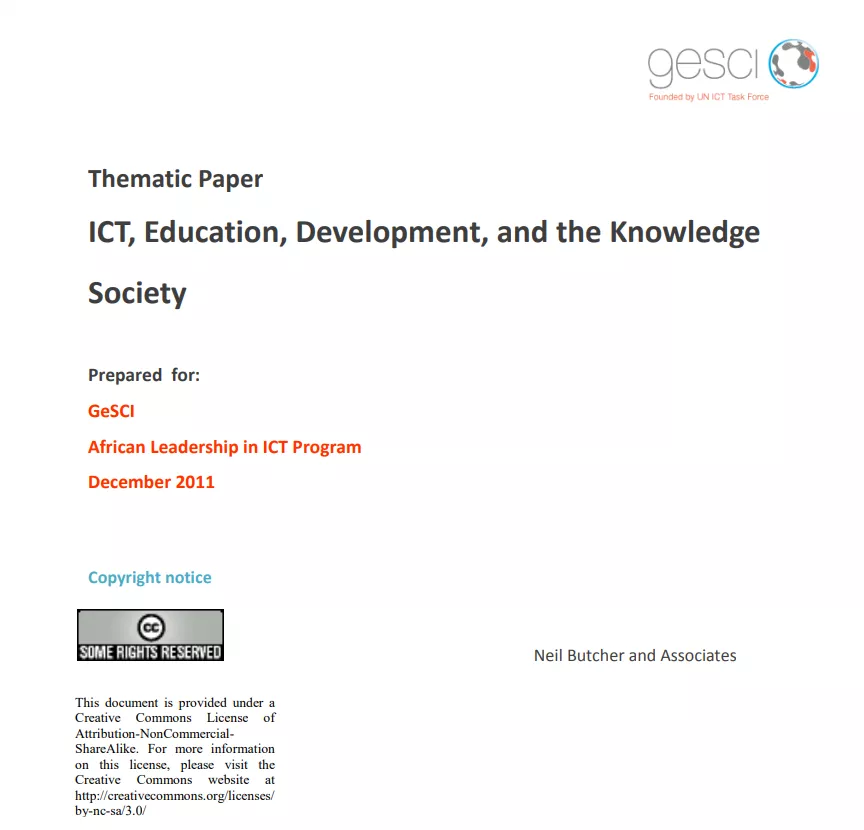
ICT, Education, Development, and the Knowledge Society
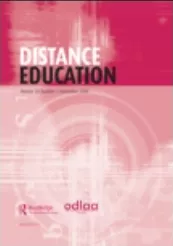
Distance education for empowerment and development in Africa
As guest editors of this Special Issue of Distance Education, this issue harnesses the opportunity to profile African innovations in the areas of open and distance learning, and e-learning. The contributions assembled provide a balanced and engaging series of articles and reports on the kinds of empowerment and development that are extending and enhancing educational opportunity in African schools and universities. Importantly, they also demonstrate that African experiences – positive and negative – have global relevance.
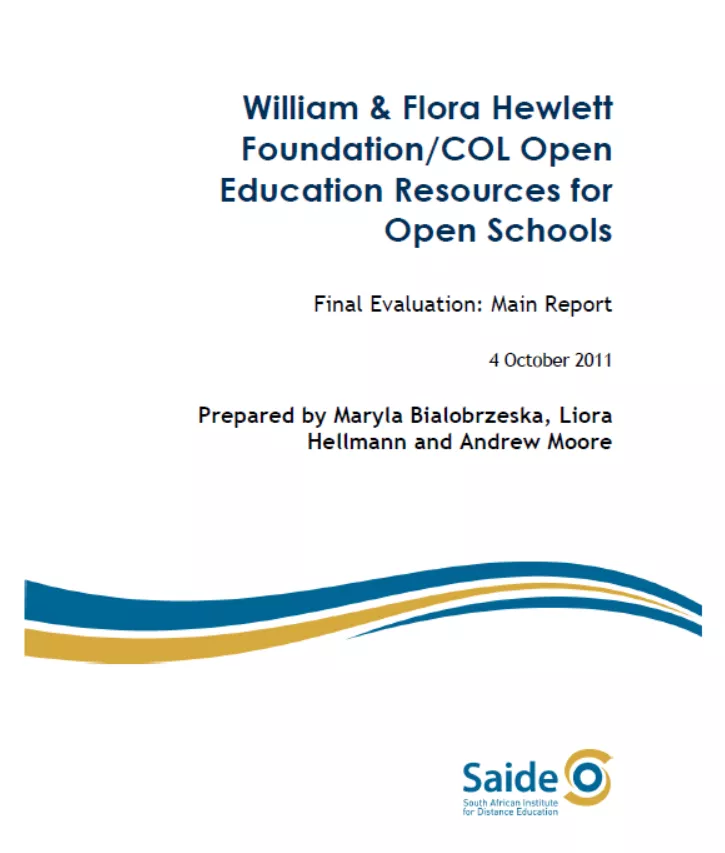
William & Flora Hewlett Foundation/Commonwealth of Learning Open Education Resources for Open Schools: Final Evaluation: Main Report
The report provides an analysis of the project’s overall achievement in terms of the main objectives of the study. For the COL project team, the report provides an analysis of the project activities, achievement of high quality, relevant and effective materials and an analysis of the potential for increased quality of education in countries where OERs are used and where teachers’ professional capacity was extended to the use of technology.
Transformation-Ready: The strategic application of information and communication technologies in Africa
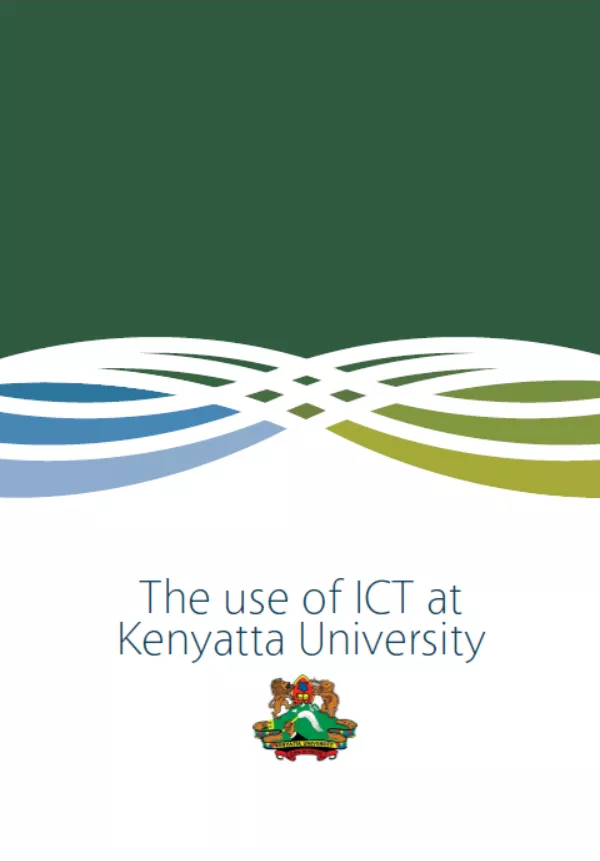
The Use of ICT at Kenyatta University
This brochure is one of a series that aims to showcase good practice in African higher education. It is intended for higher education decision-makers on the Continent and overseas. Each institution in this series has taken simple steps to solve basic fundamental problems and improve the level of education and service delivery in a context of limited resources. This series is produced by the South African Institute for Distance Education
Browse resources
Search resources
A Government Policy Development Template to Progress Effective Implementation of Open Educational Resources (OER)

Exploring the Business Case for Open Educational Resources
Survey on Governments’ Open Educational Resources (OER) Policies
Information and Communication Technologies (ICT) Professional Development Strategy for Teachers in Guyana: A Case Study

Chapter 5 - Quality Assurance for Distance Education in Sub-Saharan Africa
The exponential expansion of higher education enrolments throughout sub-Saharan Africa has led to the establishment of many new public and private universities offering face-to-face, blended and DE programmes. There is a growing need for QA frameworks at the national and institutional level. The chapter argues that there is still a great deal of work to be done, as there are significant variations in policies and procedures for QA and little has yet been done in regard to monitoring and assessing the quality of DE provision.

ICT, Education, Development, and the Knowledge Society

Distance education for empowerment and development in Africa
As guest editors of this Special Issue of Distance Education, this issue harnesses the opportunity to profile African innovations in the areas of open and distance learning, and e-learning. The contributions assembled provide a balanced and engaging series of articles and reports on the kinds of empowerment and development that are extending and enhancing educational opportunity in African schools and universities. Importantly, they also demonstrate that African experiences – positive and negative – have global relevance.

William & Flora Hewlett Foundation/Commonwealth of Learning Open Education Resources for Open Schools: Final Evaluation: Main Report
The report provides an analysis of the project’s overall achievement in terms of the main objectives of the study. For the COL project team, the report provides an analysis of the project activities, achievement of high quality, relevant and effective materials and an analysis of the potential for increased quality of education in countries where OERs are used and where teachers’ professional capacity was extended to the use of technology.
Transformation-Ready: The strategic application of information and communication technologies in Africa

The Use of ICT at Kenyatta University
This brochure is one of a series that aims to showcase good practice in African higher education. It is intended for higher education decision-makers on the Continent and overseas. Each institution in this series has taken simple steps to solve basic fundamental problems and improve the level of education and service delivery in a context of limited resources. This series is produced by the South African Institute for Distance Education


